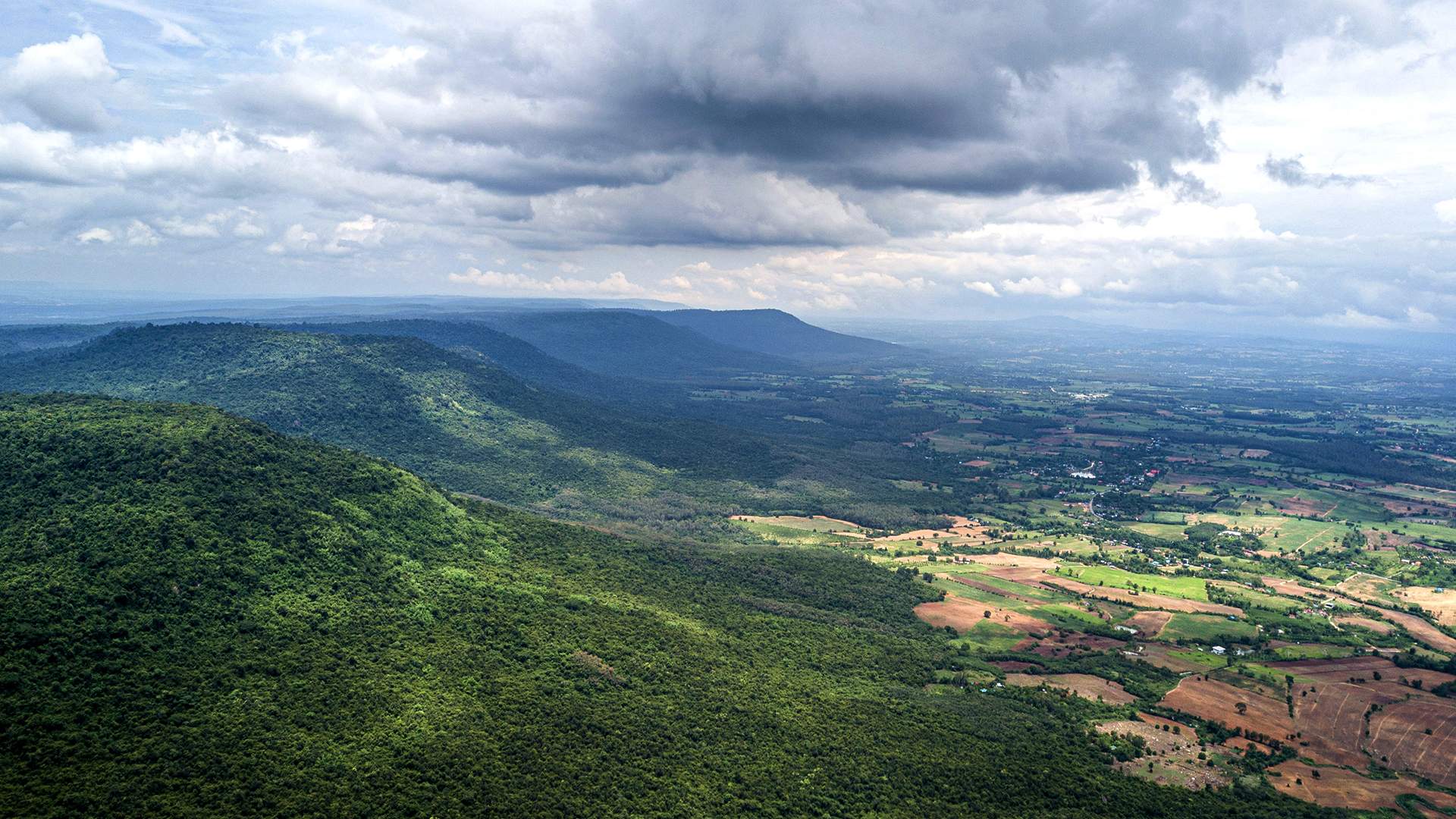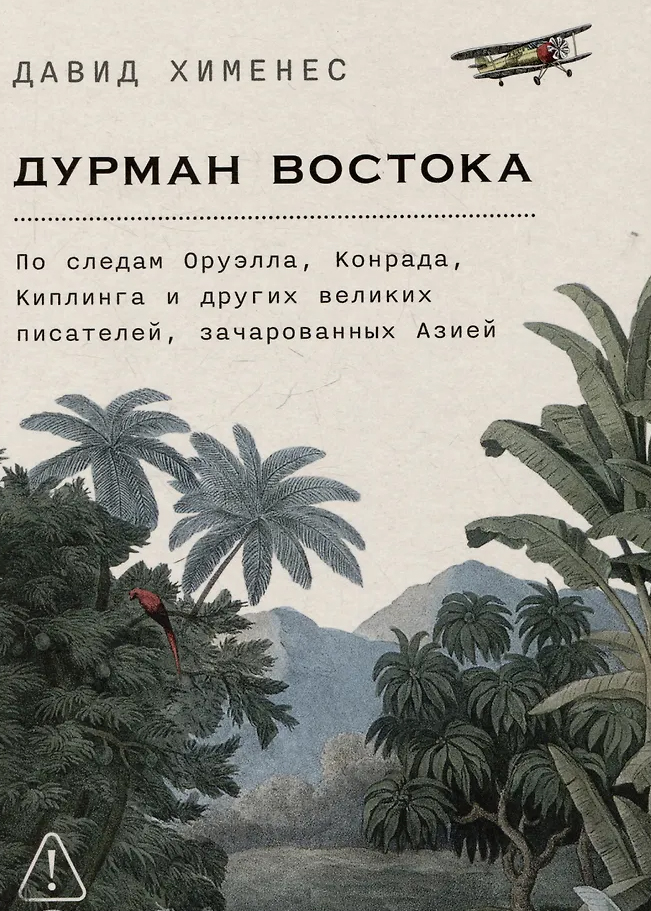- Статьи
- Culture
- Here you will experience delight: a Spanish journalist is struggling with the mystery of the East
Here you will experience delight: a Spanish journalist is struggling with the mystery of the East

David Jimenez, a native of Barcelona, who became the first Asian correspondent of the Madrid newspaper El Mundo in 1998 and successfully functioned in this capacity until 2014, in his new book nostalgic for the rich adventures of his journalistic youth and colorful eastern locations, once not spoiled by Western civilization and tourism. Critic Lidia Maslova presents the book of the week specifically for Izvestia.
David Jimenez
"The Dope of the East: Following in the Footsteps of Orwell, Conrad, Kipling and other great writers fascinated by Asia"
Moscow: Alpina Non-fiction, 2025. translated from Spanish, 296 p.
Jimenez's companions in traveling to places of military glory are his predecessors and colleagues — journalists and writers of various calibres, including world-class stars like the youngest Nobel laureate Rudyard Kipling. Kipling, "lost in the Eastern night," according to Jimenez's exquisite expression, but still formed as a writer in the editorial office of the Lahore Civil and Military Gazette of the time of British India, is devoted to the third of the ten chapters of the book, where each person has his own country or region attached, for example, "Somerset Maugham — Indochina", "Joseph Conrad — Borneo", "Graham Greene — Vietnam". George Orwell, or rather, Eric Arthur Blair, then an agent of the colonial police, meets unusual characters in Burma and gets a unique experience for his debut novel "Days in Burma".

Jimenez's compatriot and role model, the icon of Spanish journalism, Manu Leguineche— quotes Imelda Marcos in the title of her book "The Philippines is My Garden," where she paints "a portrait of a country stuck in the theater of the absurd."
Swiss Nicolas Bouvier, later the author of the Japanese Chronicles, performs miracles of socialization in the suburbs of post-war Tokyo and even gets a job as a watchman at a Zen Buddhist temple. Italian Tiziano Terzani, after wandering around Asia for a couple of decades, settled in Bangkok in 1990 for five years and wrote one of the best travelogues about Southeast Asia, "The Fortune Teller told Me," where he reflects on the sad contradiction: "... while we are trying to comprehend the mystery of the East, the East is looking for answers in the West. And as a result, we learn the worst from each other."
Although Jimenez states that "Asia remains a men's club" (offering Western women much fewer temptations than men), there are two women in the company he has assembled. Parisian Alexandra David-Neel, who did not have a successful career as an opera singer, made her way incognito to Lhasa, the capital of the forbidden Kingdom of Tibet, in 1924 in the company of a young lama (who was not only her adopted son, as Jimenez insistently hints). American war correspondent Martha Gellhorn, cursing mosquitoes, flies, bedbugs, incessant rain and creepy public toilets, travels around China in a male company, too, in the subtitle of the book "Five Journeys to Hell" modestly calling her companion that guy is none other than Ernest Hemingway, who, as Jimenez is sure, is well wherever there's booze and pleasant company.
The "Datura of the East" is connected not only by the author's personal memories of the same places, but also by his socio-political arguments. Jimenez examines various literary manifestations of love and affection for the Orient (sometimes taking the form of real dependence) through the prism of colonialism: "Somerset Maugham indulged in colonial hedonism without the slightest remorse. Joseph Conrad felt his kleptocratic nature, but followed his stereotypes. Kipling saw the empire as a necessary boon. Orwell was consistently categorical and despised colonialism as a machine of oppression."
The anti-colonial pathos of the author of the book is sometimes combined in a peculiar way with a slight underlying nostalgia for the times when Spain was a powerful colonial empire. Recalling the Spanish casino in Manila, whose halls are named after the characters of "Don Quixote" and which "still serves as a source of pride for Spaniards nostalgic for their colonial past," Jimenez does not separate himself from his proud compatriots, noting: "Colonialism has a strange property: it continues to live in the minds and minds of the colonizers, and the colonized, even many years after the last ships of the invaders sailed back home."
But this is only a fleeting ironic glimpse of former imperial ambitions, the rudiments of which are embedded in the author somewhere deep, probably at the genetic level. But undisguised irritation permeates the entire book very clearly due to the fact that Western-style progress sooner or later brings with it clueless herds of idle vacationers everywhere, leaving fewer and fewer places on earth where a true sophisticated connoisseur of the East can safely enjoy its charm: "I don't want to return to Angkor, I prefer my memories of the times when you could visit the temples there in proud solitude, imagining, even for a short time, that all this belonged to me alone. What is the point of admiring a masterpiece created for reverent contemplation in silence, when there is a hubbub, queues and bustle around?"
The "magically exotic" attraction of the East is all the more irresistible because it is completely incomprehensible to a Westerner, no matter how much time he has spent in Asia and no matter how much he flatters himself with the illusion that he has almost completely taken root here. The seasoned traveler Jimenez flaunts his brave ability to adapt to the most spartan conditions, everyday inconveniences and other vicissitudes, which sometimes scare away lovers of European comfort from the Asian hinterland: "I am attracted to unsightly places with their terrible secrets — where you do not know what awaits you around the corner, where life does not stop at sunset and continues even in the darkest The darkness. I'm fed up with sterile, comfortable, and predictable cities where everything works like clockwork and there's a poster on every corner reminding me what's allowed and what's not. That's why I prefer Bangkok to Singapore, and Manila to Dubai."
But even Jimenez, a lover of danger and unpredictability, who coquettishly calls himself bilious and cynical, admits at the end of the book that he could not solve the mystery of the East, having traveled to 30 Asian countries, having lived for seven years in Hong Kong and 10 in Bangkok. Talking about the impenetrability of the Eastern world for Westerners, the writer tries to find an insurmountable methodological flaw, because of which a European will never find a master key to a mysterious Eastern soul: "... the main mistake was to look for answers in the material world, because the secret lies in the invisible and intangible. In Asia, what you don't see is much more important than what is open to your eyes; what is not talked about is more important than what is said out loud. <...> The transparent and sensually exhibitionist world of the West contrasts with the closeness of the soul of the East."
Переведено сервисом «Яндекс Переводчик»





